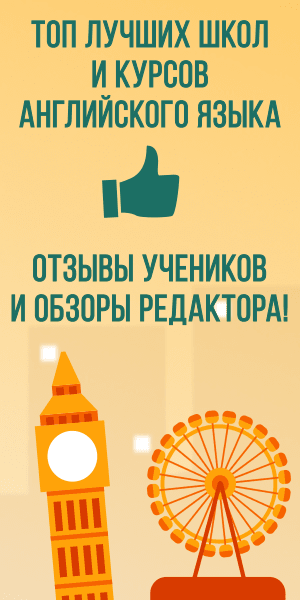To answer this question, let us first define language and knowledge. Language is any system of formalized symbols, signs, sounds, gestures, or the like used or conceived as a means of communicating.1While knowledge is a justified true belief. In my opinion, language is an important way of knowing; however it is not the most important.
Language is not restricted to merely words, it encompasses actions as well. Without it, how can we communicate and thus obtain knowledge? We often acquire knowledge from books, teachings and actions. With that in mind, let us ask ourselves: What would we understand from these if there were no language in the world? Nothing. However, language is biased. Who is to say whether a person is a terrorist or freedom fighter, after all, the definitions of these two words are similar, but their connotations are different.
It may be argued that language is only one of the four ways of knowing, however, I would like to emphasize that language is the basis of emotion, reason, and perception. People may say that we can infer happiness from a smile; and sadness from a frown, however, as mentioned earlier, isn’t the smile or frown an action, a language? Another example of language controlling emotion would be where we are able to derive sorrow from the phrase “I am sorry for your loss”.
On the other hand, emotions could have control over the language. When we are angry, we would use certain different words as compared to when we are happy. This means that we emotions control the use of words, in contrast to the earlier view that we use words to express different emotions.
Language is used to perceive. For example, people are shown three pictures, one of a man about to kick a ball, one of the same man having just kicked a ball, and a third of a different man who is about to kick a ball. They are then asked which two of the three are the most similar. Indonesians generally choose the first two pictures, which have the same man in them, while English speakers are likely to identify the two pictures that show the ball about to be kicked—an emphasis on the chronological, rather than the spatial, relationship between the principal objects in picture.2
However, in different languages, the divides between, say, red and pink may be different, but this does not imply that people speaking different languages do not perceive the difference between a darker pink and a lighter pink. Through this, we can see that humans are capable to perceive the «objective world» overcoming the biases that language may impose.
The 19th-century German Philosopher Wilhelm von Humboldt claimed that language was directly connected to thinking.3 I agree with his claim. We are born with the gift of language. Even people without the five senses possess some form of language relative to their own existence. To be able to reason, we need to think, thus we need a medium in which to think, language provides this. For example, in mathematics, we use symbols to logic out the problem and deduce the result. These symbols are forms of language.
Conversely, language is biased, thus it may cloud reason. Through the perception of language, we may have a preference for one thing compared to another. For instance, a biased claim such as “Jimmy Carter is a bigot”4 is full” of fallacies, such as the red herring fallacy and the appeal to emotions and novelty. These fallacies defy reason hence are not knowledge.
To conclude, I feel that language is a good attempt to link the ways of knowing together, however, it is not without its drawbacks, thus it as yet cannot be considered the most important way of knowing.








